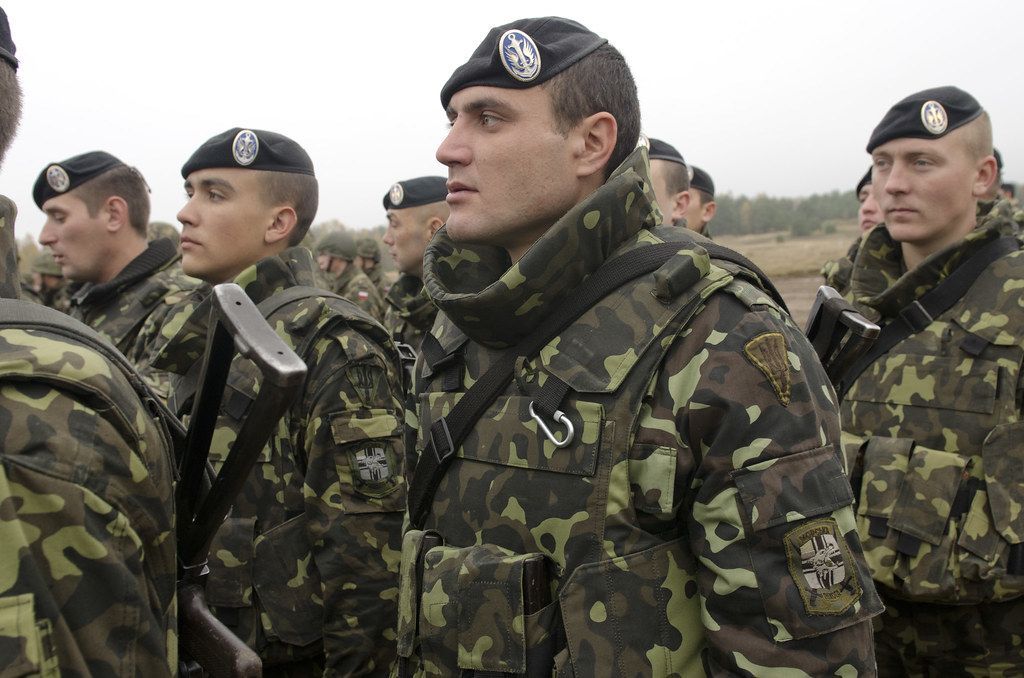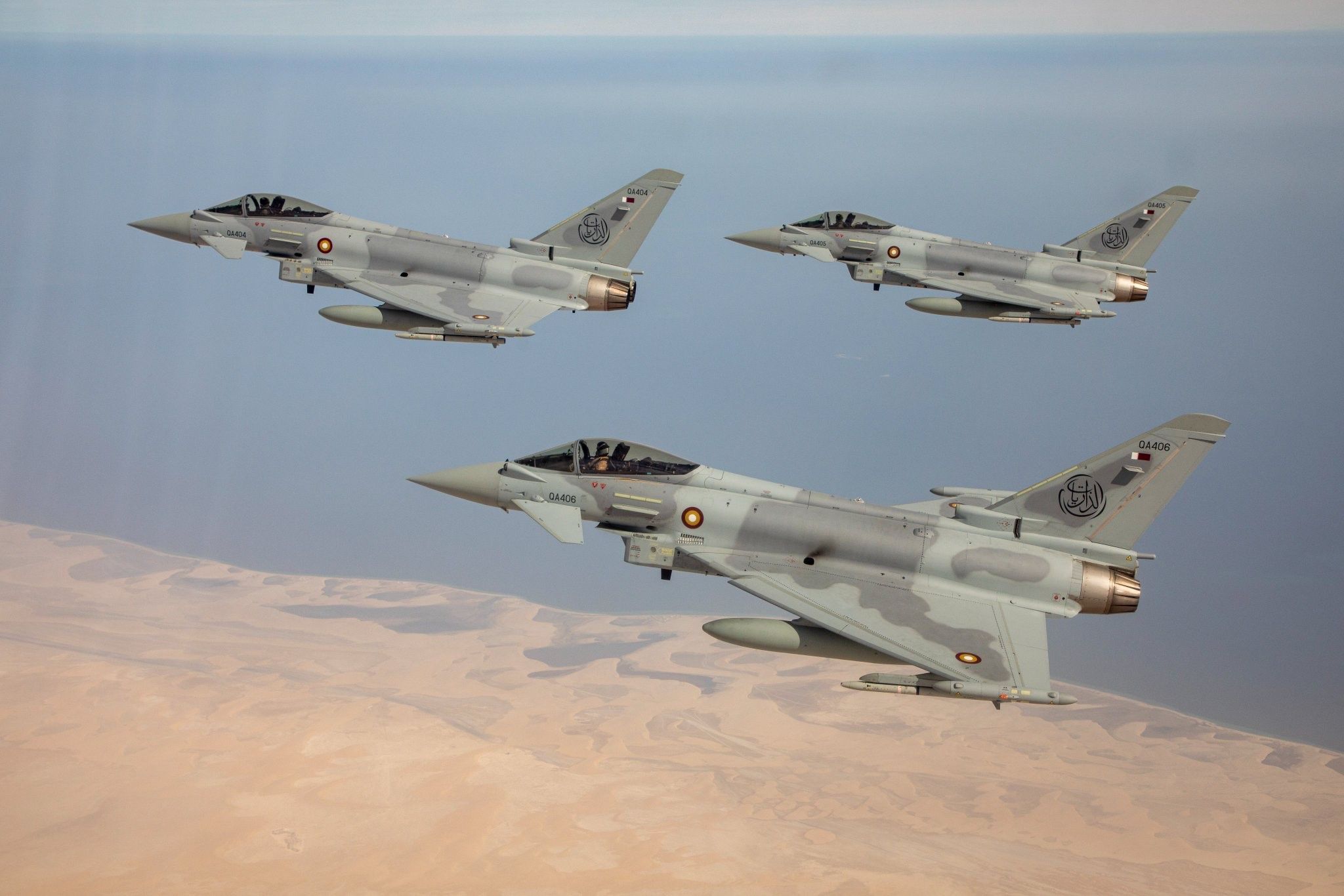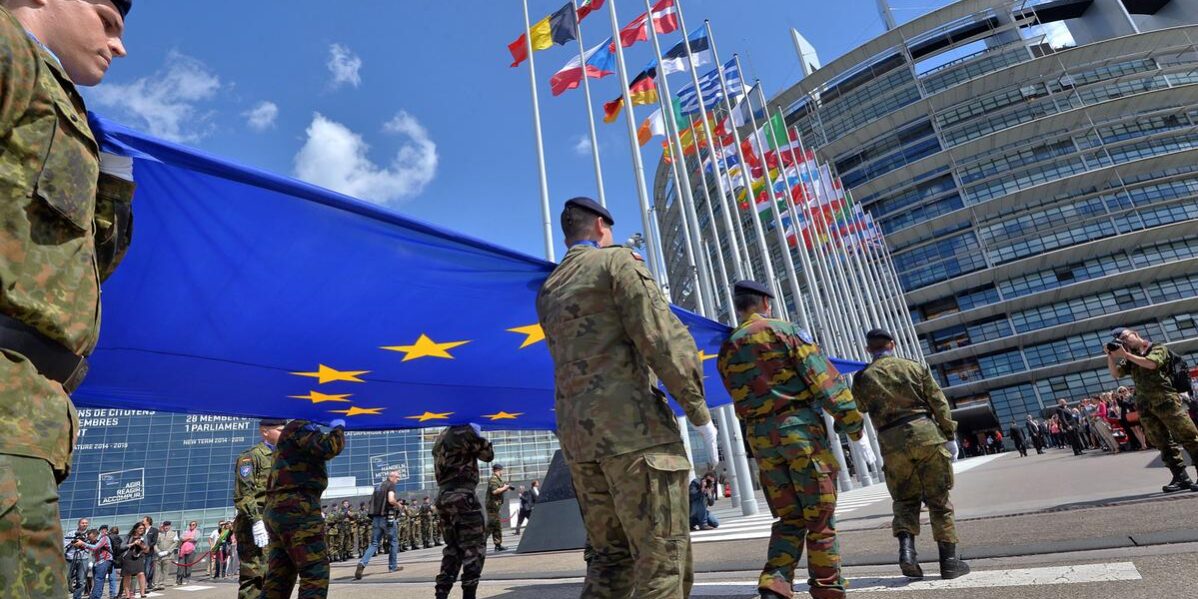As NATO allies hesitate to increase their defense spending, Europe is left vulnerable and exposed in the face of growing military threats from non-European actors such as Russia and China. But make no mistake, investing in a united European military is not a matter of frivolous spending, it is a matter of survival.
The world is becoming increasingly complex and interconnected, and Europe must take urgent and decisive action to protect its citizens, defend its values, and maintain its sovereignty. We cannot afford to sit idly by as our enemies grow stronger and our allies grow weaker.
One of the most pressing challenges that Europe currently faces is the need to counter the military capabilities of non-European actors, such as Russia and China, which have been rapidly modernizing their armed forces, expanding their global reach, and challenging Europe’s security and interests. These actors have been increasing their military capabilities and expanding their global reach, posing a direct threat to Europe’s security and interests.
Benefits of a United European Military
To meet this challenge, Europe must invest in a united European military. A strong and united European military would not only provide a credible deterrent against potential aggressors, but also allow Europe to play a more active role in shaping the global security environment. Furthermore, a united European military would have the ability to project force globally, which is necessary to counteract the threat of hybrid warfare and the increasing projection of power by non-European actors. This would allow Europe to respond to the challenges that it faces in a coordinated and effective manner, and ensure that Europe maintains its sovereignty and security in the face of these threats.
While many European countries are already members of NATO, a united European military would bring additional geopolitical benefits to Europe. One of the main benefits of a united European military would be the ability to act independently in crisis situations. In the current system, Europe relies heavily on NATO and the United States to provide military support in crisis situations. However, a united European military would give Europe the ability to act independently in crisis situations, without having to rely on NATO or the United States. This would increase Europe’s autonomy and flexibility in addressing security challenges, and allow Europe to better protect its citizens and defend its values.

Another benefit of a united European military would be the ability to conduct operations outside of NATO’s mandate. Currently, NATO’s mandate is focused on the collective defense of its members, and its actions are limited by the consensus of all members. A united European military would allow Europe to conduct operations outside of NATO’s mandate, such as peacekeeping or humanitarian operations, and shape global security in line with European interests.
A united European military would also have a stronger deterrent effect on potential aggressors, as it would be a more cohesive and capable force. By pooling resources and sharing expertise, a united European military would be able to achieve greater military capabilities with less spending. This would make it more attractive for NATO allies to invest in, as they would be able to achieve greater capabilities without having to increase spending on defense.
Complementing NATO and Expanding Our Reach
Additionally, a united European military would enable Europe to take a more active role in international peacekeeping and humanitarian operations, by providing a ready and capable force to respond to crisis. This would allow Europe to play a more active role in maintaining global peace and stability, and address humanitarian crisis around the world.
A united European military would also complement NATO by reducing duplication of effort and increasing efficiency in the use of resources. It would also provide a stronger European pillar within NATO, which would enhance the overall security and defense capabilities of the alliance.

In conclusion, investing in a united European military is a strategic imperative that Europe cannot afford to ignore. While many European countries are already members of NATO, a united European military would bring additional geopolitical benefits to Europe, such as the ability to act independently in crisis situations, the ability to conduct operations outside of NATO’s mandate, and the ability to shape global security in line with European interests. It would also provide a stronger deterrent effect, and enable Europe to take a more active role in international peacekeeping and humanitarian operations, while also complementing NATO and enhancing the overall security and defense capabilities of the alliance.






